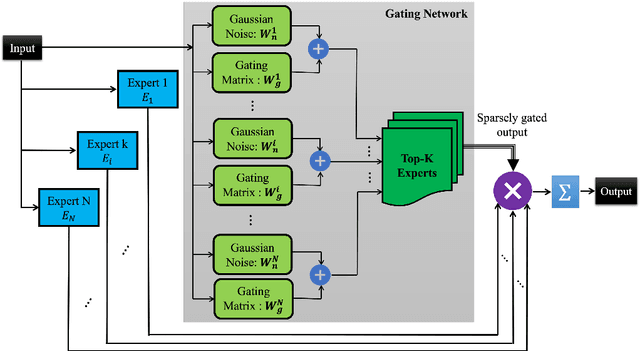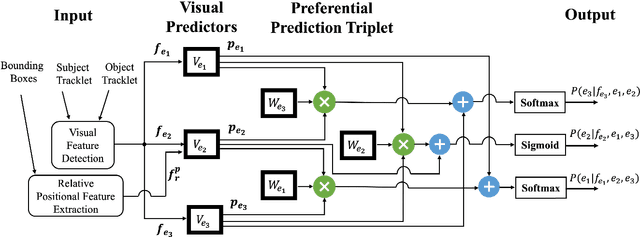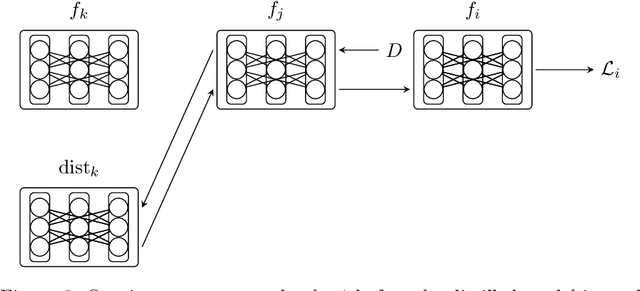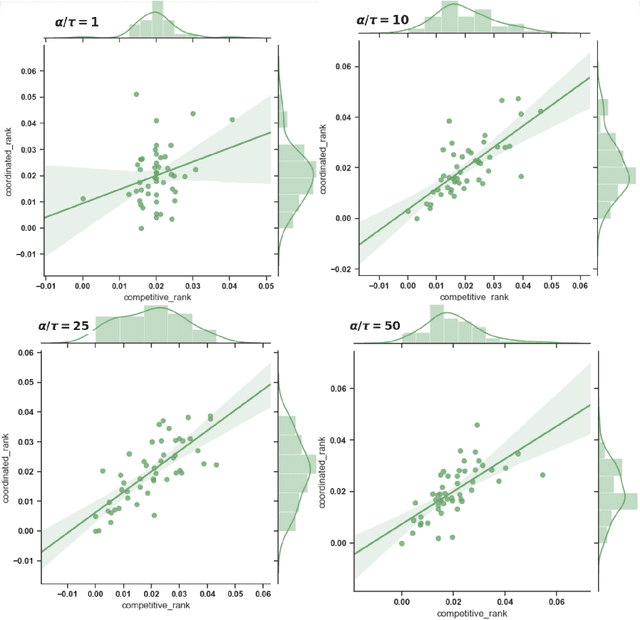Ala Shaabana
Video Relationship Detection Using Mixture of Experts
Mar 06, 2024



Abstract:Machine comprehension of visual information from images and videos by neural networks faces two primary challenges. Firstly, there exists a computational and inference gap in connecting vision and language, making it difficult to accurately determine which object a given agent acts on and represent it through language. Secondly, classifiers trained by a single, monolithic neural network often lack stability and generalization. To overcome these challenges, we introduce MoE-VRD, a novel approach to visual relationship detection utilizing a mixture of experts. MoE-VRD identifies language triplets in the form of < subject, predicate, object> tuples to extract relationships from visual processing. Leveraging recent advancements in visual relationship detection, MoE-VRD addresses the requirement for action recognition in establishing relationships between subjects (acting) and objects (being acted upon). In contrast to single monolithic networks, MoE-VRD employs multiple small models as experts, whose outputs are aggregated. Each expert in MoE-VRD specializes in visual relationship learning and object tagging. By utilizing a sparsely-gated mixture of experts, MoE-VRD enables conditional computation and significantly enhances neural network capacity without increasing computational complexity. Our experimental results demonstrate that the conditional computation capabilities and scalability of the mixture-of-experts approach lead to superior performance in visual relationship detection compared to state-of-the-art methods.
BitTensor: An Intermodel Intelligence Measure
Mar 09, 2020



Abstract:A purely inter-model version of a machine intelligence benchmark would allow us to measure intelligence directly as information without projecting that information onto labeled datasets. We propose a framework in which other learners measure the informational significance of their peers across a network and use a digital ledger to negotiate the scores. However, the main benefits of measuring intelligence with other learners are lost if the underlying scores are dishonest. As a solution, we show how competition for connectivity in the network can be used to force honest bidding. We first prove that selecting inter-model scores using gradient descent is a regret-free strategy: one which generates the best subjective outcome regardless of the behavior of others. We then empirically show that when nodes apply this strategy, the network converges to a ranking that correlates with the one found in a fully coordinated and centralized setting. The result is a fair mechanism for training an internet-wide, decentralized and incentivized machine learning system, one which produces a continually hardening and expanding benchmark at the generalized intersection of the participants.
 Add to Chrome
Add to Chrome Add to Firefox
Add to Firefox Add to Edge
Add to Edge